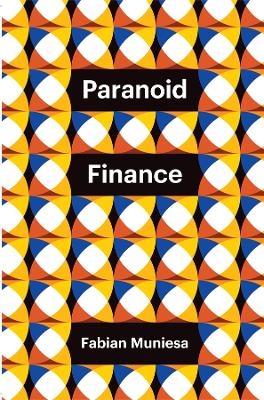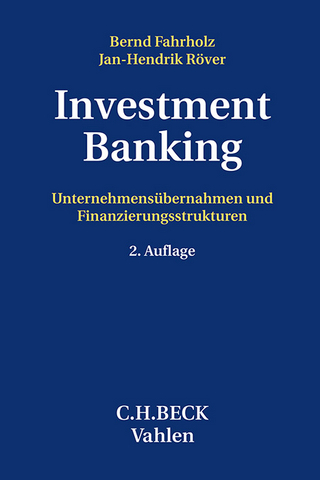
Paranoid Finance
Seiten
2024
Polity Press (Verlag)
978-1-5095-6116-2 (ISBN)
Polity Press (Verlag)
978-1-5095-6116-2 (ISBN)
There is a link between finance and paranoia, and that link may well be inescapable. At the core of financial imagination lies a notion of value – of ‘value creation’ – that is loaded with trouble. This is the trouble of a fragile metaphor: a metaphor of fecund money and future return, of true value and false value, of true value that should be protected from the perils of dilapidation, expropriation and speculation, but whose substance is in fact nowhere to be found.
Contemporary conspiratorial, millennialist discourse on money, banking and wealth does not embody a delirious misrepresentation of the logic of finance: rather, it exacerbates the paranoid potentials inherent in mainstream financial imagination. This is the radical hypothesis developed in this book: that of paranoid finance as a sedimentation of the demons that haunt the conventional categories of financial value.
Tutorials abound today that guarantee access to secret knowledge about the financial system, to magical currencies that release eternal returns, to legal schemes conducive to personal sovereignty, and to a way out of economic enslavement. They often combine disparate elements of esotericism, conspiratorialism, antisemitism, populism, libertarianism or spiritualism. But as Muniesa shows, they also provide a testbed for a critique of the limits of financial imagination.
Contemporary conspiratorial, millennialist discourse on money, banking and wealth does not embody a delirious misrepresentation of the logic of finance: rather, it exacerbates the paranoid potentials inherent in mainstream financial imagination. This is the radical hypothesis developed in this book: that of paranoid finance as a sedimentation of the demons that haunt the conventional categories of financial value.
Tutorials abound today that guarantee access to secret knowledge about the financial system, to magical currencies that release eternal returns, to legal schemes conducive to personal sovereignty, and to a way out of economic enslavement. They often combine disparate elements of esotericism, conspiratorialism, antisemitism, populism, libertarianism or spiritualism. But as Muniesa shows, they also provide a testbed for a critique of the limits of financial imagination.
Fabian Muniesa is a researcher at the Centre de Sociologie de l’Innovation, Ecole des Mines de Paris.
Introduction
1. The Trouble With Financial Imagination
2. A Radicalization of Value
3. Tensions Within the Mainstream
4. The Critique of Finance
Conclusion
| Erscheinungsdatum | 28.09.2024 |
|---|---|
| Reihe/Serie | Theory Redux |
| Verlagsort | Oxford |
| Sprache | englisch |
| Maße | 130 x 193 mm |
| Gewicht | 227 g |
| Themenwelt | Sozialwissenschaften ► Soziologie |
| Wirtschaft ► Betriebswirtschaft / Management ► Finanzierung | |
| ISBN-10 | 1-5095-6116-1 / 1509561161 |
| ISBN-13 | 978-1-5095-6116-2 / 9781509561162 |
| Zustand | Neuware |
| Haben Sie eine Frage zum Produkt? |
Mehr entdecken
aus dem Bereich
aus dem Bereich
Allgemeines Steuerrecht, Abgabenordnung, Umsatzsteuer
Buch (2024)
Springer Gabler (Verlag)
CHF 39,20
Unternehmensübernahmen und Finanzierungsstrukturen
Buch | Hardcover (2024)
Vahlen (Verlag)
CHF 179,95


